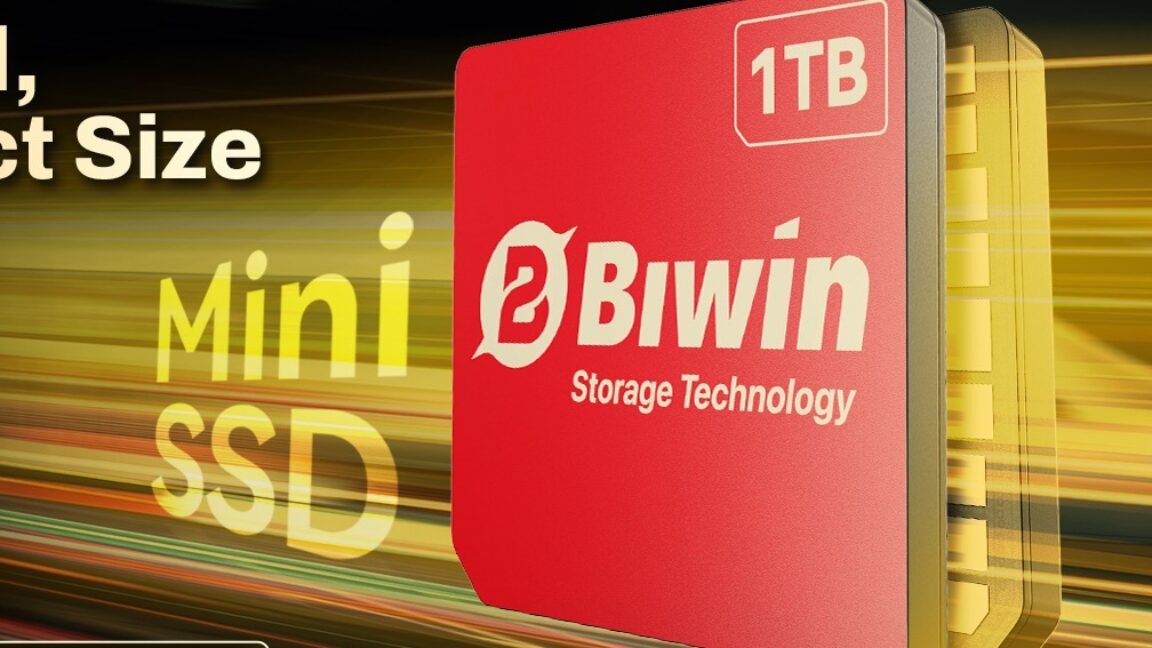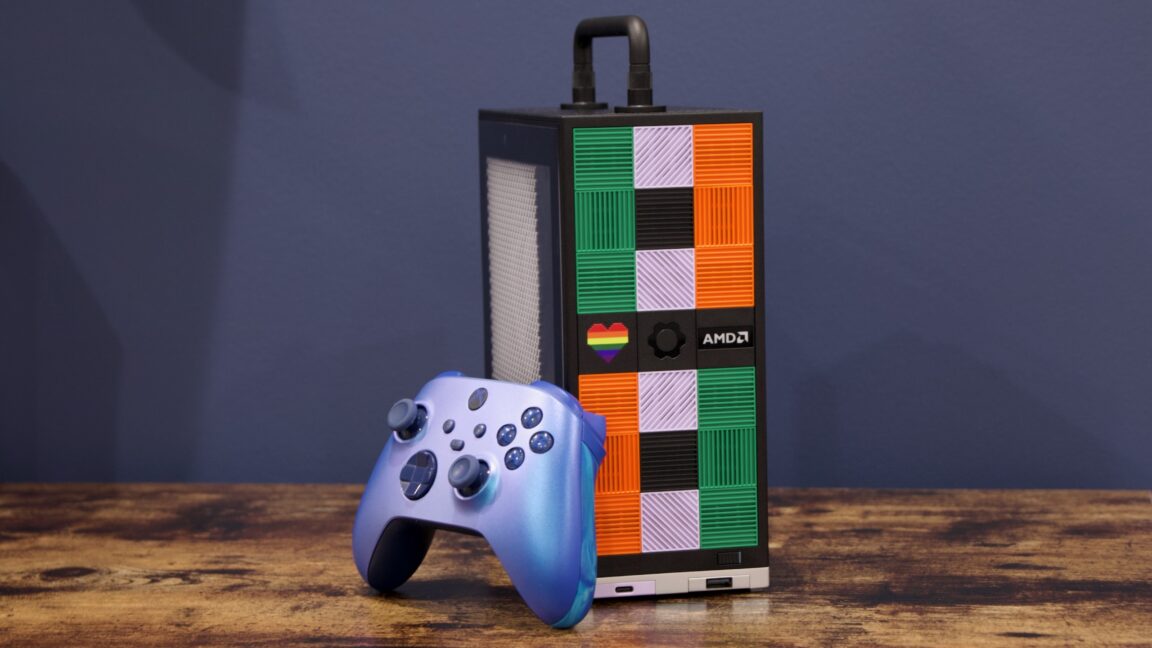Revolution in Gaming: The Mini SSD

In a groundbreaking move earlier this year, the gaming industry witnessed the rise of the microSD Express standard, particularly after Nintendo's Switch 2 integrated this technology. The microSD Express, though established back in 2019, had not gained significant attention due to the adequacy of cheaper versions for most applications.
Nintendo needed storage with performance akin to internal SSDs for its powerful new console, paralleling the demand created by systems like the PlayStation 5 and Xbox Series X. This demand for higher-performing storage solutions has led other tech companies to innovate further in this space.
Biwin, a Chinese company, has introduced the 'Mini SSD,' a dynamic 15 x 17 mm device that boasts impressive read speeds of up to 3,700MB per second, thanks to its PCI Express 4.0 interface. This is a significant leap from the current microSD cards that generally cap around 900MB per second.
First presented in March, the Mini SSD employs LGA packaging technology, cramming NAND chips along with an SSD controller into its compact form. These cards function similarly to SIM cards, needing only to be slotted into a compatible tray, a feature endorsed by devices like the GPD Win 5 and the OneXPlayer Super X.
This innovation tackles a genuine challenge faced by portable gaming systems—the need for efficient storage without necessitating system teardowns for updates. While the Mini SSD isn't yet a formal standard, its practical design solves many storage dilemmas for gamers.
The relentless growth in game sizes underscores the need for such advancements. Between 2012 and 2023, game sizes expanded rapidly, averaging an increase of 6.3GB annually. Titles exceeding 100GB have become more common, principally due to enhanced graphics and cinematic content.
Particularly for games requiring extensive localization and narrative-heavy experiences, like _The Last of Us_, storage demands have become substantial, often dwarfing older games in comparison. For instance, the Mac version of _Cyberpunk 2077_ highlights this trend, with its App Store edition swelling to 159GB due to inclusive language files.
The market's response to accommodate vast game storage without major system modifications will determine the success of initiatives like the Mini SSD or evolving microSD Express versions. Regardless of which tech takes the lead, the push for upgrading storage capabilities continues to be imperative.
This evolution represents a pivotal step in reshaping how storage solutions are integrated into gaming platforms and consoles, responding directly to gamers' growing needs.



